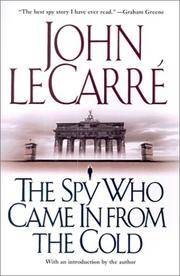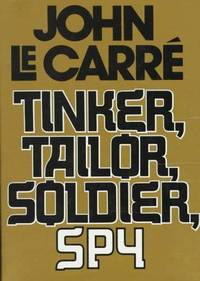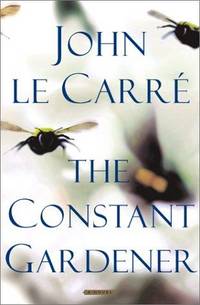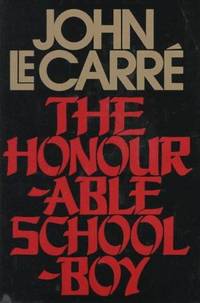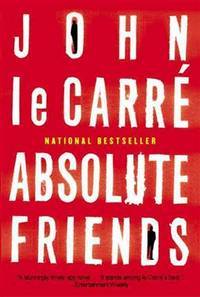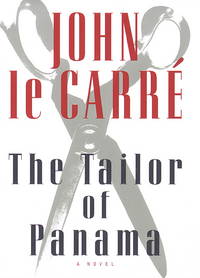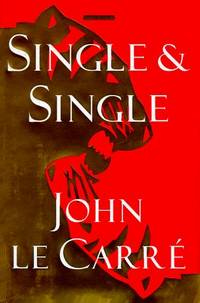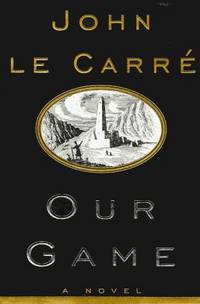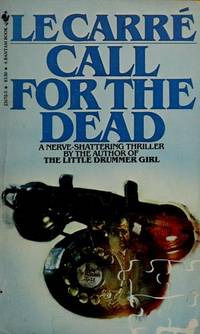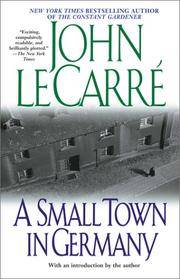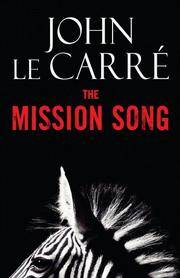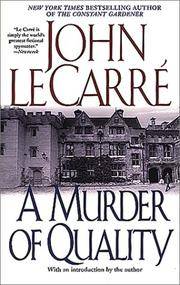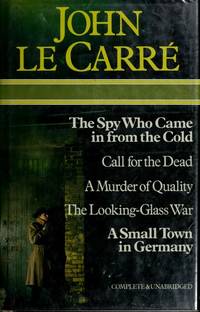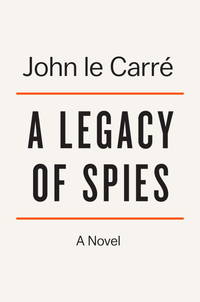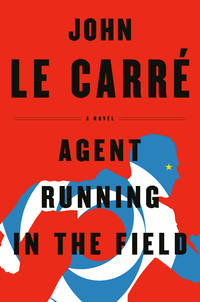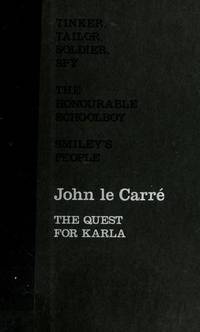He was the son of Richard Thomas Archibald Cornwell(1906-75) and Olive (Gassy) Cornwell. He began his formal schooling at Sherborne School in England. From 1948-49, he studied at the University of Berne, developing a fascination in foreign languages, and then studied at Lincoln College, Oxford. He graduated from Lincoln College with a B.A. (with honours) in 1956. He then taught at Eton College for 2 years. Subsequently, he joined the British Foreign Service (ultimately MI6), where he served mostly in West Germany.
In 1954 he married Alison Ann Veronica Sharp whom he later divorced in 1971. There were three sons born of this marriage: Simon, Stephen and Timothy. In 1972 he married Valerie Jane Eustace a book editor with Hodder and Stoughton, and this marriage produced one son Nicholas.
Le Carre is the author of many Cold War thrillers, notably those recounting the exploits of George Smiley. Two novels of the Karla trilogy series,
Smiley's People, were adapted as BBC television series, in which Alec Guinness starred as Smiley.
A Perfect Spy, which is regarded as an autobiographical novel, is grounded in le Carre's peculiar relationship with his father. Richard Cornwell is described by LynnDianne Beene as "an epic con man of little education, immense charm, extravagant tastes, but no social values" (John le Carre, p. 2). Beene quotes le Carre's reflection on the novel that "writing A Perfect Spy is probably what a very wise shrink would have advised" (p. 14).
Nearly all of le Carre's novels are in the spy-thriller genre, with the notable exception of
The Naive and Sentimental Lover. This novel also has autobiographical elements to it, being based on his relationship with James Kennaway and Susan Kennaway. This three-way relationship followed the breakdown of le Carre's first marriage.
Kim Philby, the British double agent, blew le Carre (and many others besides) to the Russians. Le Carre's response was characteristically that of a deep thinker: he carefully depicted and analysed Philby in the guise of Bill Haydon, the opponent of Smiley in the central work of le Carre's novel
Tinker, Tailor, Soldier, Spy. As the mole, 'Gerald', Bill Haydon, le Carre makes hay with the opportunity to detail the deceit and weaknesses of Philby. A further element of psychological revenge is exacted by having one of the (fictional) agents profoundly affected by Haydon's treachery, Jim Prideaux, silently execute Haydon in the wake of Haydon's unmasking and public humiliation.
Le Carre's work is in many ways a critical and reasoned response to the lurid sensationalism of the James Bond genre of spy writing. His heroes are three-dimensional, their engagement with the world altogether more realistic, and their circumstances markedly unglamorous. He is widely hailed as writing some of the most literary and philosophically significant spy novels of the 20th century.
His works also differ from the Bond books in that they are morally relativist; there are constant reminders of the fallibility of western espionage systems and western countries in general, often with the implication that the Soviet bloc and the NATO bloc are essentially two sides of the same coin. The over-simplicity of the good-versus-SPECTRE world of Fleming has no place in le Carre's work, where the spies seem to serve espionage more than any ideology. le Carre is more interested in the uncertainty inherent in spycraft - the most unimpeachable information from the enemy might always prove to be bait or a trap, a logic that tends to render the information obtained far less useful. In short, his books leave behind an unmistakable air of skepticism.
Le Carre published an essay entitled "The United States has gone mad" in The Times in January 2003, protesting the war in Iraq, saying: "How Bush and his junta succeeded in deflecting America's anger from bin Laden to Saddam Hussein is one of the great public relations conjuring tricks of history." He has turned down a number of awards, including knighthood.
Le Carre resides in Cornwall, England.
In 2005, the film
The Constant Gardener was released, based on his novel. The story is set in slums in Kibera and Loiyangalani, Kenya. The situation affected the crew to the extent that they set up the Constant Gardener Trust in order to provide basic education around these villages. Le Carre is a patron of the charity.




